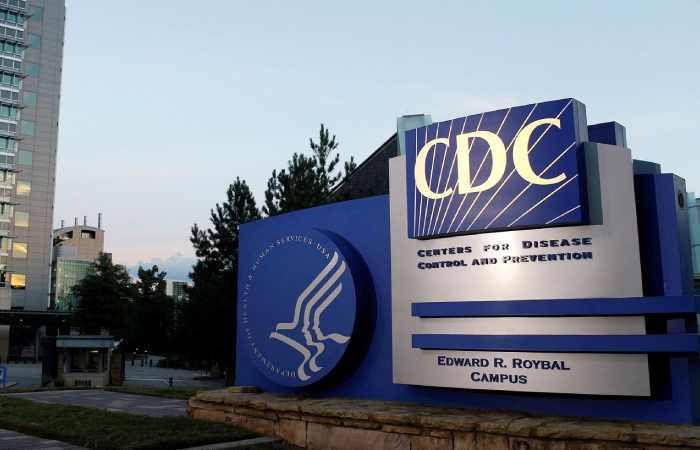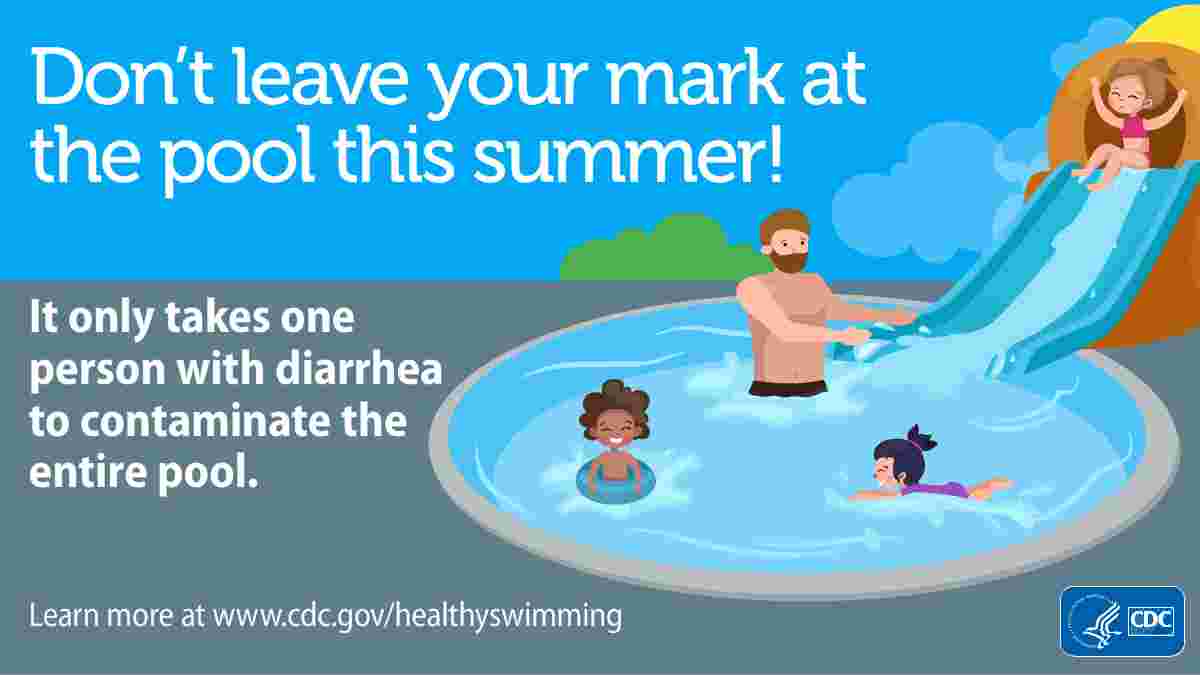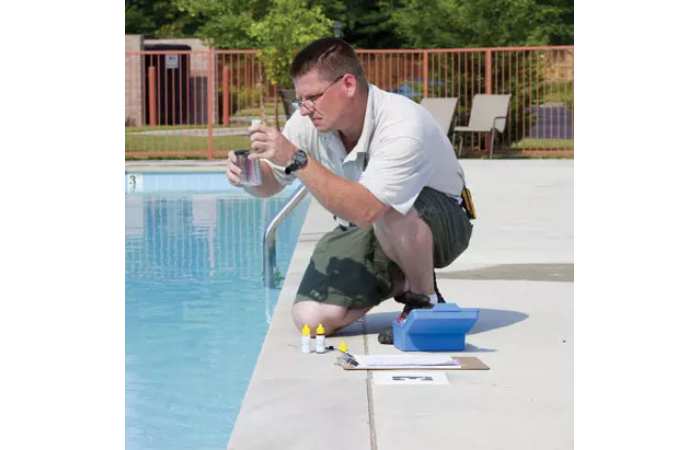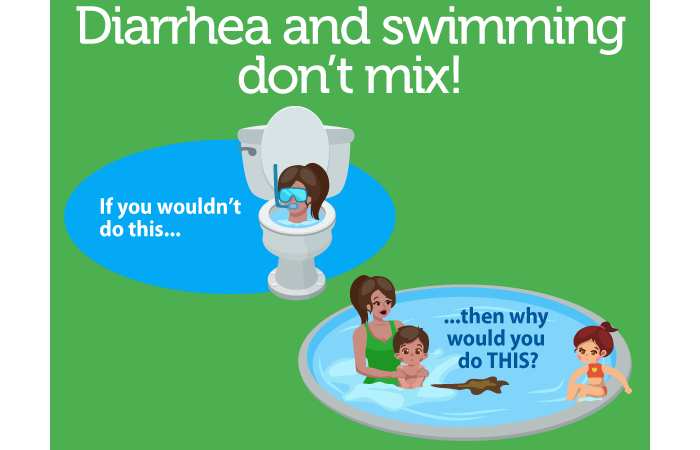Table of Contents
Introduction
Given that diarrhea and swimming don’t mix, the US Centers for Disease Control and Inhibition (CDC) medical agency has warned people with the disease not to swim this summer.
An animated gif, showing a boy sliding down a slide while leaving behind a brown streak, was posted on Twitter with a similar message.
In public pools, water parks and hot tubs, water disinfection (with chlorine or bromine) and filtration work together to kill bacteria. Chlorine and bromine kill most bacteria in minutes, and the filters remove debris (such as leaves and sticks), which consumes the necessary chlorine or bromine.
What is CDC?

The US Centers for Sickness Control and Prevention (CDC) is the federal agency charged with protecting the health of Americans. Among the world’s leading health authorities, it plays a critical role in fighting global disease, conducting cutting-edge exploration and acting as a first responder to crises such as the Zika virus outbreaks in South America and Ebola in Africa.
However, the agency has faced harsh criticism, particularly for its response to crises and ethical lapses. In 2020, it came into the spotlight amid the sickness of a new coronavirus disease, COVID-19, and mistakes during the U.S. outbreak sparked calls for reform.
What Is Cdc Gif Diarrhea?

The CDC well-known on its website that “diarrhea is the most public disease transmitted through recreational water,” adding that some of the bacteria behind the faucet can survive in chlorinated water for days.
The agency even offered a very descriptive section on how the disease can spread.
“Small amounts of poo are washed off the swimmer’s buttocks as they swim in the water. Suppose somebody with infectious diarrhea (which can contain up to a billion bacteria) ends up in recreational water. In that case, the bacteria can wash off its bottom and contaminate the water,” the section says. “These bacteria can make someone else sick if they gulp even a small amount of contaminated water.”
Does Chlorine Kill Diarrhea

Swimming when you have diarrhea “is somewhat risky because you can get diarrhea for many reasons, some of which are contagious,” says Dr Boling. The CDC notes that the average swimmer has about 140 billion poo microbes lurking on their bodies, and that’s not necessarily something you’ll see, she says. “You could have some bacteria or viruses in your anal area that wash up in the pool,” she says. Other diarrhea-causing bugs you may harbour, in addition to Cryptosporidium, include E. coli bacteria and giardia, a parasite.
She says that other people are bathing in that water, and some accidentally swallow it or get it in their noses and eyes, which can also cause them to become infected. And unfortunately, Dr Boling notes, “chlorine can’t neutralize everything.”
Jamie Alan, PhD, assistant professor of pharmacology and toxicology at Michigan State University, approves. “Some causes of diarrhoea, like parasites, need high levels of chlorine to kill,” he expresses Health. “Usual pools may not have those levels of chlorine.”
And sure, it can be challenging to control gut movements if you have a terrible case of diarrhea. If you’re struggling with watery poop and have an accident in the pool, that’s not only gross. It’s unhealthy.
Eventually, doctors agree that if you have diarrhea, you should sit and swim in the pool until it’s completely gone.
Cdc Warns Not To Swim With Diarrhea Gif

Given that diarrhea and swimming don’t mix, US Centers for Disease Control and Deterrence (CDC) medical agency has warned people with the disease not to swim this summer.
An animated gif, showing a boy sliding down a slide while leaving behind a brown streak, was posted on Twitter with a similar message.
“Don’t leave footprints in the pool this summer!” reads the text in the gif. “It only takes one individual with diarrhea to infect the whole pool.”
The U.S. health agency also communal a link in the Twitter post that reveals how bacteria is spread in recreational water and how to take the necessary precautions.
The CDC’s page on the disease says that small amounts of poop remain washed off swimmers’ buttocks when they swim in the water. If someone catching diarrhea (which can contain up to a billion bacteria) ends up in recreational water, the bacteria can wash off the bottom and contaminate the water. These bacteria can make another person sick if you swallow even a small amount of contaminated water.
Conclusion
We all share the water where we swim, play or relax. We can help guard ourselves, our family and our friends from bacteria that can cause diarrhea.
Follow these steps when swimming in any water:
- Stay away from the water if you have diarrhea.
- If you have Crypto, do not enter the water until 2 weeks after the diarrhea completely stops.
- Do not poop in the water.
- Do not swallow the water.
- Take children to go to the toilet and crisscross diapers every time.
- Change diapers from the water’s edge to prevent germs from entering the water. Wash your hands afterwards.
